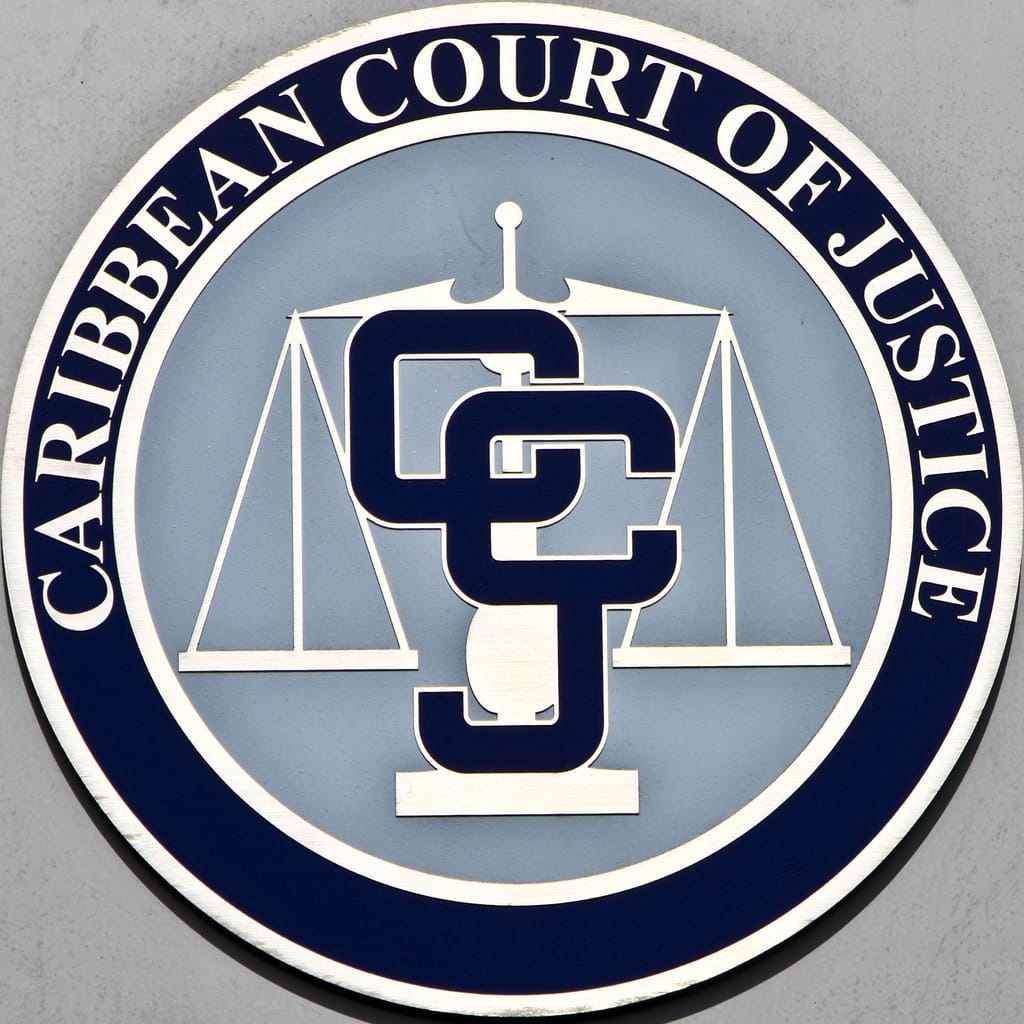
On Monday, 22nd January 2024, the Caribbean Court of Justice (CCJ) delivered its judgment in Apsara Restaurants (Barbados) Limited v Guardian General Insurance Limited [2024] CCJ 3 (AJ) BB, a decision in its Appellate Jurisdiction. The Court dismissed the appeal and upheld key decisions of the Court of Appeal and the High Court.
The appeal was brought by Apsara Restaurants (Barbados) Limited (‘Apsara’), a company with Mr Sharif Mohammed and his wife Ms Marie Kavanagh serving as sole directors and shareholders. The Respondent was Guardian General Insurance Limited (‘Guardian’), a company doing insurance business in Barbados.
In the early morning of 27 August 2007, a fire destroyed Apsara’s restaurant premises situated at Morecambe House, at Maxwell, Christ Church in Barbados. Apsara lodged a claim on a fire insurance policy it had entered into with Guardian in relation to the burnt premises. Guardian resisted the claim on several grounds. The main grounds surrounded the allegations that a) Mr Mohammed was responsible for the fire; b) in proposing for the insurance coverage, Apsara did not disclose several material facts and thereby induced Guardian to effect the coverage on the premises; and c) Apsara was in breach of ‘Condition 11’ of the policy to provide Guardian with particulars of loss incurred due to the fire within 15 days of the incident. The trial judge found for Guardian on each of these points. The Court of Appeal dismissed Apsara’s appeal. That court found no reason to disturb any of the findings of fact or law made by the trial judge. Apsara appealed further to the CCJ.
By a majority, the CCJ held that it was entitled to review the concurrent findings of fact of the trial judge and the Court of Appeal. The Court also held by a majority that there was not sufficient evidence to justify the trial judge’s conclusion that Mr Mohammed was responsible for setting the fire.
It was held by all six CCJ judges ultimately deliberating on the case, that given the extenuating circumstances revealed by the evidence, Apsara’s failure to provide particulars of loss within the time stipulated under Clause 11 did not entitle Guardian to avoid the policy of insurance. The Court reasoned that Guardian’s conduct amounted to a waiver of the requirement for strict compliance with Clause 11.
The Court discussed at length what was the appropriate test to determine whether a non-disclosure by an insured in an insurance proposal was material. The bench was evenly divided (3 – 3) as to the applicable test. This notwithstanding, all six judges were satisfied that Apsara had engaged in a material non-disclosure when it failed to disclose to Guardian that O’Meara Food Products Ltd (‘O’Meara’), a company of which Mr Mohammed and Ms Kavanagh also served as sole directors and shareholders, had previously made an unsuccessful claim on an insurance policy. The Court also considered that there was material non-disclosure by Apsara when it failed to disclose that a judgment had been registered against O’Meara, Mr Mohammed, and Ms Kavanagh, jointly and severally, in favour of the Agricultural Development Bank of Trinidad and Tobago to the tune of TTD 1,060,075.19. The Court considered that such material non-disclosures entitled Guardian to avoid its policy of insurance with Apsara.
The matter was heard by the Honourable Mr. Justice Saunders, CCJ President and the Honourable Justices Wit, Anderson, Rajnauth-Lee, Barrow, Burgess, and Jamadar. The late Justice Wit was a part of the Bench but regrettably, he was unable to fully participate in the deliberative process and passed away before issuance of the judgment. Mr Douglas Mendes SC and Mr Clay Hackett appeared for the Appellant. Mr Christopher Audain KC and Mr Roger Forde KC appeared for the Respondent.
In the circumstances, the appeal was dismissed, and the Court reserved the issue of cost. The CCJ’s full judgment is available via www.ccj.org.
Advertise with the mоѕt vіѕіtеd nеwѕ ѕіtе іn Antigua!
We offer fully customizable and flexible digital marketing packages.
Contact us at [email protected]
















